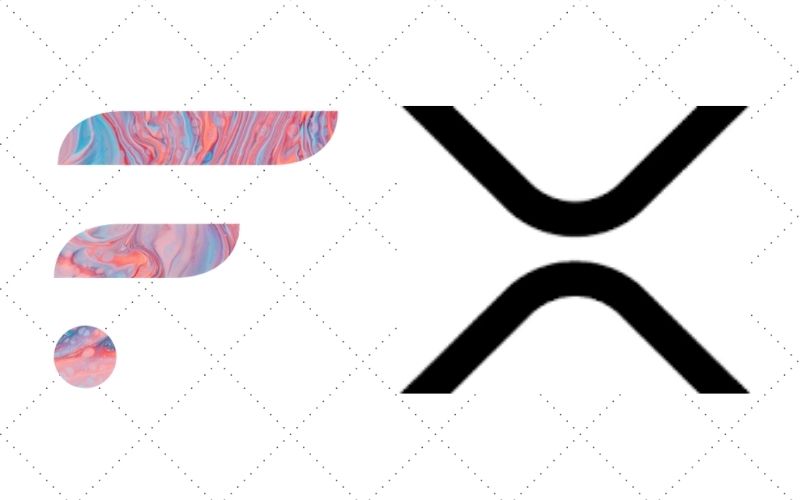Flare Networks plans to airdrop FLR tokens to eligible XRP holders by the end of the second quarter of 2021. But a new development in relation to tax on FLR came from James Yochum, a Certified Public Accountant based in the United States, citing the IRS Revenue Ruling 19-24.
According to Yochum, the cited ruling could potentially affect FLR airdrop to XRP holders, considering the authoritativeness of the ruling.
Read Also: Wietse Wind Warns: While Claiming your Spark Tokens, Do Not Fall for this XRP Scam
James Yochum tweeted, “This ruling is authoritative guidance for the same factual circumstances outlined in the ruling, which fits the same factual circumstance FLR is airdropped.”
Flare ( $FLR ) AIRDROP for US CITIZENS who hold $XRP…..
IS taxable per IRS Rev.Ruling 2019-24https://t.co/I1BKWyvCnO
This ruling is authoritative guidance for the same factual circumstances outlined in the ruling, which fits the same factual circumstance $FLR is airdropped.
— James Yochum, CPA (@JTheAccountant) April 21, 2021
In response to Yochum’s opinion, Flare Networks claimed that the long thread is entirely contrary to the conclusion reached by some tax lawyers who are also based in the United States.
Read Also: XRP Is Going Live On Wanchain, a Decentralized Blockchain Interoperability Solution
Flare Networks wrote, “This entire thread runs contrary to the conclusions reached by US based tax lawyers when we sought (and paid for) their opinion. It isn’t our role to give tax advice so please do see a professional if you are concerned. Twitter is imperfect venue to be educated on these matters.”
This entire thread runs contrary to the conclusions reached by US based tax lawyers when we sought (and paid for) their opinion. It isn’t our role to give tax advice so please do see a professional if you are concerned. Twitter is imperfect venue to be educated on these matters.
— Flare (@FlareNetworks) April 21, 2021
David Schwartz Ripple CTO Weighed In
David Schwartz, the chief technology officer at Ripple, has also reacted to the supposed confusion around the FLR airdrop.
According to Schwartz, FLR airdrop would be taxable and Flare Networks should airdrop the tokens without delay, in order to avoid any artificial selling pressure.
Read Also: David Schwartz Shares How He Recovered His Six Figures Worth of Bitcoin (BTC) After Seven Years
David Schwartz noted:
“There is no way to make a plausible argument that an IOU to deliver an asset in the future is equal in value to the actual asset today.
“This is why it’s so important as much FLR as possible be airdropped as early as possible. Otherwise, artificial selling pressure will be created by tax implications.
“One of the biggest lessons that I’ve learned from my time in cryptos is that you have one, and only one, chance to distribute an asset without taxes creating extra selling pressure and diluting the power the asset has. If you waste it, you can never get it back.”
In response to Ripple CTO’s assertion, Flare Networks wrote, “The analysis of professionals we have engaged in this area leads to different conclusions to the ones you are drawing. It isn’t our place to give tax advice to US citizens. We may after legal review be able to release some general guidance.”
Read Also: XRP Investors Launch New Petition to Make Gary Gensler Drop Ripple-SEC Lawsuit
However, Flare Networks’ subsequent claim failed to change Schwartz’s opinion on the fact that FLR airdrop could be taxable as earlier asserted by James Yochum:
“You’re wrong, but we’re not going to tell you how or why” isn’t really a constructive response. Can you at least say specifically which of the things I’ve said you think is incorrect?
“Do you disagree with the claim that an airdrop is taxable on receipt if, and only if, a fair market value for the token can be established at the time of the airdrop? Do you agree that otherwise it’s taxable only when sold? I don’t think that’s a controversial claim.”
Follow us on Twitter, Facebook, Telegram, and Download Our Android App
